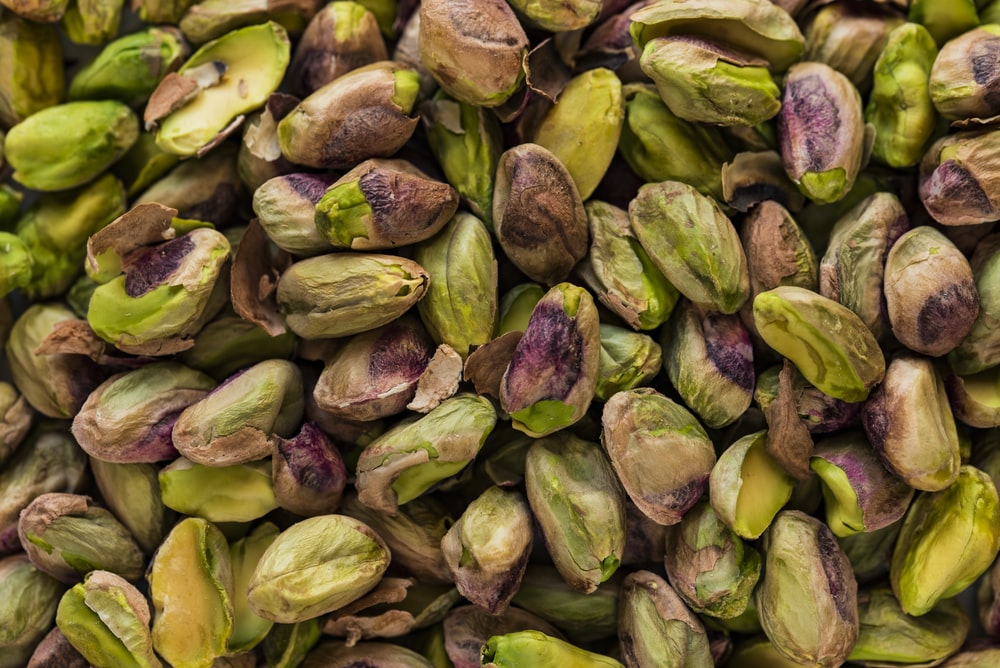



It is an ”off-year” for pistachios in Turkey, and consequently, a low production level for May 2021/22 is being forecast. However, Turkey has carried over significant stocks from the previous year, so there is no shortage of pistachios in the market. In addition, Turkey relies on imports of almonds and walnuts to meet domestic demand for tree nuts. In fact, U.S. walnuts and almonds are still subject to retaliatory tariffs, resulting in a 10 per cent higher customs tax than other tree nut exporting countries. Turkey is the top producer of hazelnuts in the world and the largest exporter. the my 2021/22 yield for hazelnuts is higher than last year because of good weather conditions.
There are an estimated 54 million bearing trees and about 22 million non-bearing trees in turkey, according to the Turkish statistical institute as of the beginning of my 2021/22. bearing trees increased 4.7 per cent compared to the previous marketing year and non-bearing trees increased about 8.2 per cent. the increase in the number of bearing trees explains the increase in production compared to earlier off-years. although my 2021/22 in the low yield off-year, production is still higher than many of the earlier off-years. also, younger bearing trees are known to be more productive than older ones.
Southeast Turkey is known to have many trees over 50 years old, so increasing the number of younger trees is expected to increase the yield. In addition, farmers are now better trained to understand the importance of male trees. Therefore, the forecast is that it will start to pick up.
Antioxidants are vital to your health.
They prevent cell damage and play a key role in reducing the risk of disease, such as cancer. Pistachios contain more antioxidants than most other nuts and seeds. They protect your eyes from damage caused by blue light and age-related macular degeneration, a condition in which your central vision is impaired or lost.
Article by: Hari Yellina (Orchard Tech)